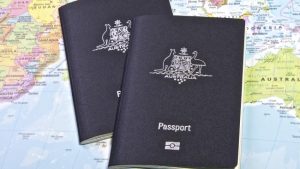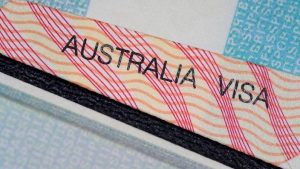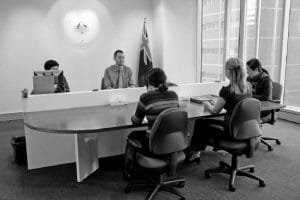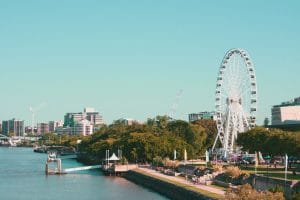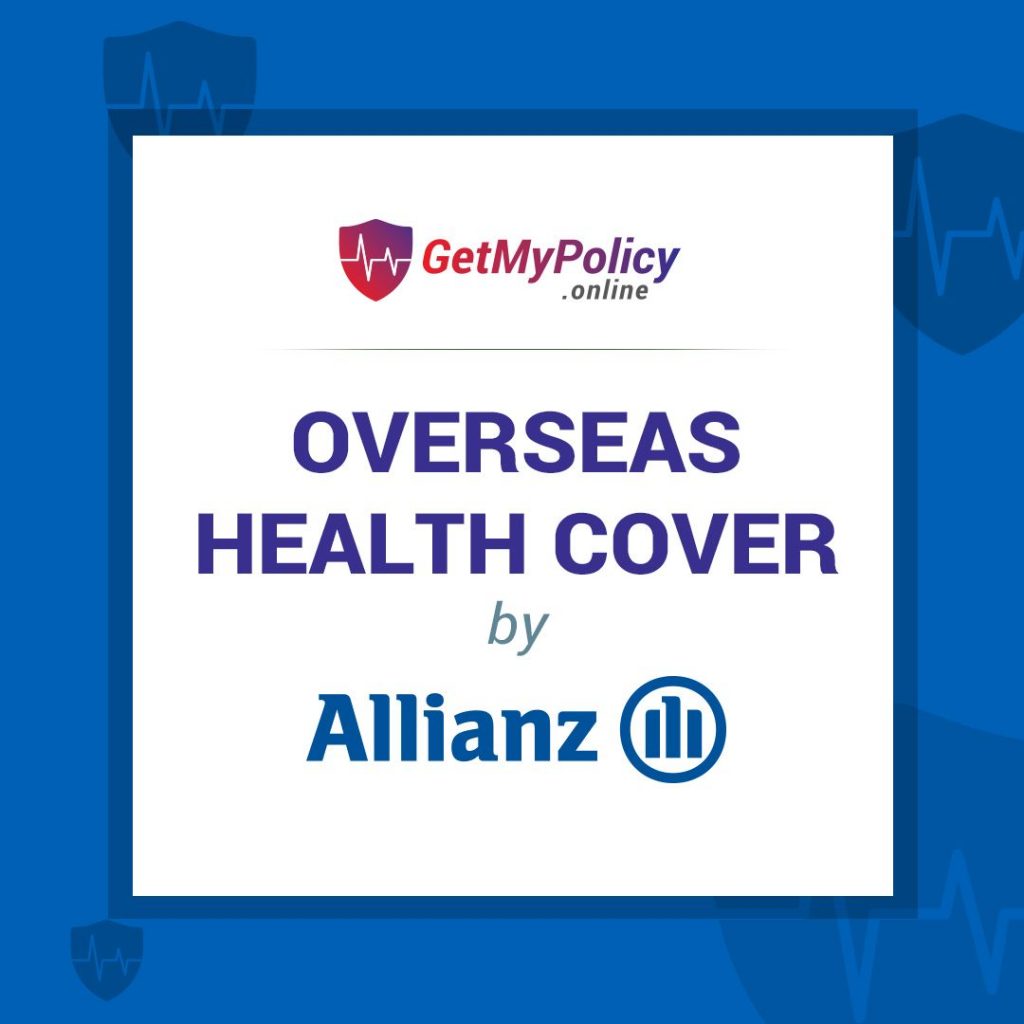Protection Visa Applicants with a lawyer or migration agent representing them are seven times more likely to have a successful outcome at the Administrative Appeals Tribunal.
This and other factors are the result of a meta study of information, received from a Freedom of information Request, across 18,196 cases reviewed and decided by the AAT between January 2015 and December 2019 for Protection Visa Applicants who arrived by plane.
An initial decision on a Protection Visa Application is made by a delegate at the Department of Home Affairs. If the decision is refused, a fresh hearing assessing the merits of their claim for protection is allowed at the Administrative Appeals Tribunal.
The review found that Protection visa applicants at the AAT received favourable outcomes in just 13% of cases. In the remaining 87% of cases, the original decision by the Department was upheld.
This suggests that there are a number of strategies that Potential Protection Visa review applicants should consider if their protection visa is refused.
- Legal Representation – Protection Visa Refused
The review concluded that only 4% of applicants without a lawyer or migration agent were successful at the AAT. This rose to 28% when the protection visa review applicant had representation.
The report found that just over half (at around 52%) of review applicants did not have representation at the Tribunal.
The number one strategy that can boost your prospects of success is to have strong legal representation.
- Country of Origin – Protection Visa Tribunal
The study also found that certain countries were significantly more likely to have a successful outcomes at review. Particularly applicants from Libya (91%), Afghanistan (76%), Ethiopia (61%), stateless individuals (43%), Iraq (53%) and Iran (47%) saw the most chance of success with their reviews.
This suggests that the Department of Home Affairs is making the wrong decision for applicants from these groups more than half the time.
Conversely, applicant from some certain countries simply had no prospects upon review. Specifically, Ireland and Tonga saw success rates at 0%, followed by Taiwan and South Korea (1%) and Malaysia (3%).
In the period reviewed, Malaysian Applicants made up 6,488 applications, which suggests there is a high population of Malaysian applicants on pathways that are highly likely to be unsuccessful. This is such a large number that when the Malaysian applications were taken away, the success rate for all protection visa applicants at review increased from 13% to 19%.
- Which Member You Draw – Protection Visa Review
The research also indicated that certain members were significantly more likely to given negative decisions and others were more likely to give positive decisions.
Of the members reviewed, two did not find in favour of a protection visa review applicant, and another sixteen had approval rates of less than 5%. Conversely, one member decided in favour of the review applicant in a whopping 86% of cases, while another three members had approval rates over 40%.
The report did suggest this could be because some members had expertise in particular countries, not because they were specifically biased.
This is an insightful study and strongly suggests that legal representation is the number one factor in whether your protection visa application will be successful.
The team at Summit Migration are experts in Protection Visa review applications. Give your application the edge it deserves. Contact us today for a free assessment of your rights to a protection visa merits review application.
<

